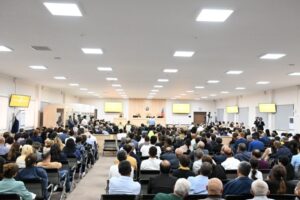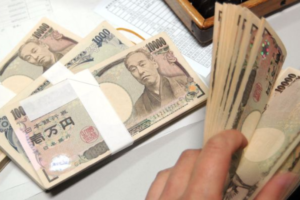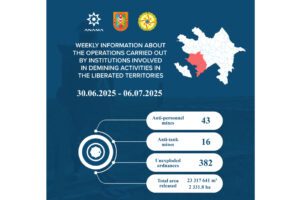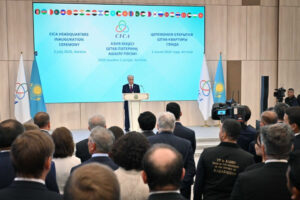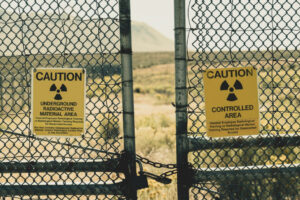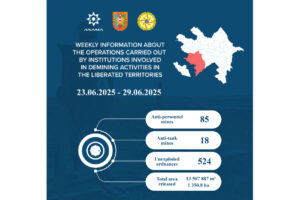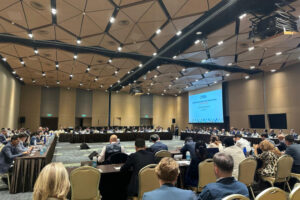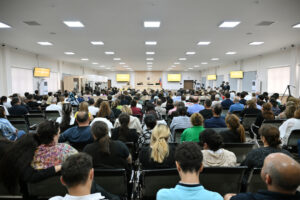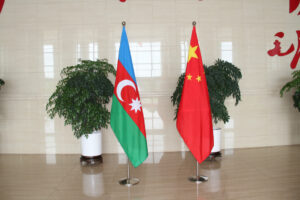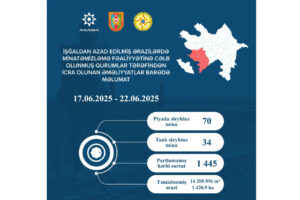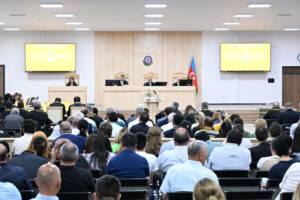Tokyo, 24 December, /AJMEDIA/
Japan eyes not sending senior officials to Beijing Olympics: sources
TOKYO – Japan is not planning to send Cabinet ministers and other senior officials to the 2022 Beijing Winter Olympics, a decision that would be in line with the U.S.-led diplomatic boycott of the sporting spectacle, government sources said Friday.
Japanese athletes, however, will attend the games in February as scheduled, the sources said.
———-
Japan, U.S. draft operation plan for Taiwan contingency: sources
TOKYO – Japan’s Self-Defense Forces and the U.S. military have drawn up a draft joint operation plan that would enable the setup of an attack base along the Nansei island chain in the country’s southwest in the event of a Taiwan contingency, according to Japanese government sources.
Japan and the United States will likely agree to begin work to formalize an operation plan when their foreign and defense chiefs meet in early January under the “two-plus-two” framework, the sources told Kyodo News by Thursday.
———-
U.S. enacts law to ban Xinjiang imports over China’s forced labor
WASHINGTON – U.S. President Joe Biden on Thursday signed into law a bill effectively banning all imports from China’s Xinjiang region amid concerns over the use of forced labor involving its Uyghur ethnic minority.
The Uyghur Forced Labor Prevention Act, which passed both the House of Representatives and the Senate last week, is certain to further strain relations between the world’s two largest economies, already at loggerheads over issues including human rights, trade and China’s military assertiveness in the region.
———-
Japan’s Nov. core CPI up 0.5%, sharpest gain since Feb. 2020
TOKYO – Japan’s core consumer prices gained 0.5 percent in November from a year earlier, government data showed Friday, making it the highest increase since February 2020.
The core consumer price index, excluding volatile fresh food items, marked the third straight month of growth, according to the Ministry of Internal Affairs and Communications.
———-
China sets up state-owned firm focusing on rare earths: media
BEIJING – China has set up a state-owned company concentrating on research exploration and deep processing of rare earths, official media reported Thursday, with the leadership of President Xi Jinping pledging to strengthen control of the resources.
China is the world’s dominant supplier of rare earths, vital to the manufacturing of high-tech products including warplanes, but the United States and other major economies have tried to become less dependent on imports of the resources from the Asian power.
———-
Community transmission of Omicron spreads in western Japan
TOKYO – An elementary school pupil was newly found in Osaka Prefecture to be infected with the Omicron variant of the coronavirus through unknown routes, the local government said Thursday, in a sign that the community transmission of the variant is spreading in western Japan.
The latest announcement on the boy, whose COVID-19 infection is seen by the Osaka governor as another case of the community spread of Omicron, came a day after similar cases were reported in Osaka. Another case of a community spread was confirmed in adjacent Kyoto Prefecture earlier Thursday.
———-
U.S. regulators authorize 2nd oral antiviral COVID-19 pill
WASHINGTON – U.S. regulators on Thursday issued an emergency use authorization for an antiviral COVID-19 pill developed by American pharmaceutical firm Merck & Co., giving the country its second such at-home treatment option in the fight against the coronavirus pandemic.
The treatment, called molnupiravir, is not recommended during pregnancy due to concerns over birth defects. Its use is limited compared with Pfizer Inc.’s pill that was authorized a day before, although both have been approved for mild-to-moderate coronavirus cases in people at high risk of hospitalization or death.
———-
Philippines faces “major humanitarian crisis” in typhoon aftermath
MANILA – International aid groups see a “major humanitarian crisis” unfolding in the central and southern Philippines amid reports of water and food shortages, power outages and looting, as the government scrambles to reach isolated areas a week after the onslaught of Typhoon Rai.
The national disaster agency said over 486,000 people affected by the super typhoon remain in evacuation shelters, while power restoration is impossible before Christmas Day, a highly anticipated holiday in the predominantly Catholic Philippines.




